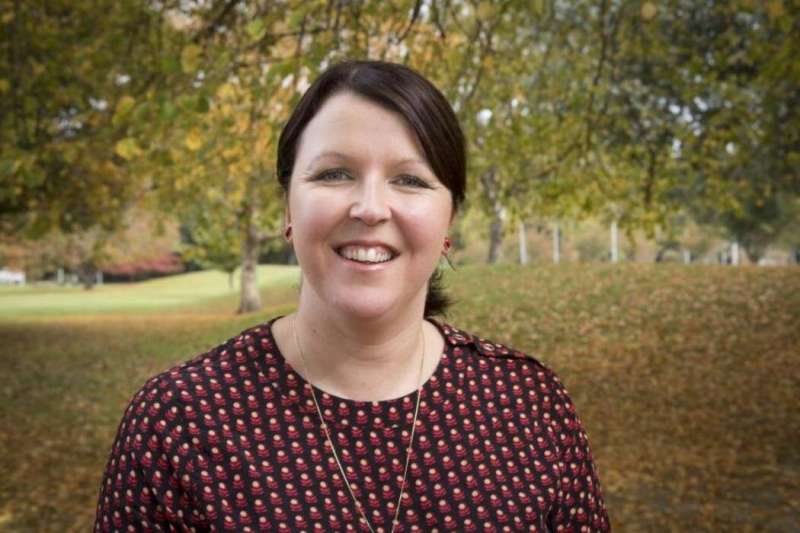Associate Professor Laurie McLay. Credit: University of Canterbury
A University of Canterbury (UC) study has found that a reduction in sleep problems for children on the autism spectrum vastly improves those children's behavior and their parent's wellbeing.
The study's lead author Associate Professor Laurie McLay says the association between sleep and behavioral challenges in children is well-established but very few studies have examined whether enhancing children's sleep quantity and quality has general benefits across key areas of development and functioning.
"Sleep problems affect between 40-80% of children on the autism spectrum; children with autism also experience high rates of challenging behavior associated with sleep problems," says Dr. McLay.
"This makes sleep one of a few pivotal behaviors which, when enhanced may have huge collateral benefit for children's daytime behavior, functioning and wellbeing, as well as parental mental health and wellbeing."
This study used data from earlier research that provided a behavioral sleep treatment program for 41 children on the autism spectrum, of which 38 were observed to have a reduction in sleep problems.
"Further study found that, as a result of sleep treatment, there were improvements in children's internalizing behaviors, such as anxiety, depression and social withdrawal, as well as their externalizing behaviors, such as aggression, and autism symptom severity ratings. Small improvements were also found in maternal sleep quality and parental stress levels.
"This shows the importance of assessing and treating sleep problems as a priority area and an effective means of addressing a variety of challenging behaviors and improving parent and family wellbeing."
On this project, Dr. McLay worked with a team of researchers including UC's Professor Neville Blampied and Associate Professor Karyn France. The research was funded by a Health Research Council Emerging Research First Grant. Dr. McLay and the research team are also exploring more efficient and accessible models of sleep treatment, as well as the collateral benefits of sleep treatment for children with rare genetic developmental disabilities.
Provided by University of Canterbury






















